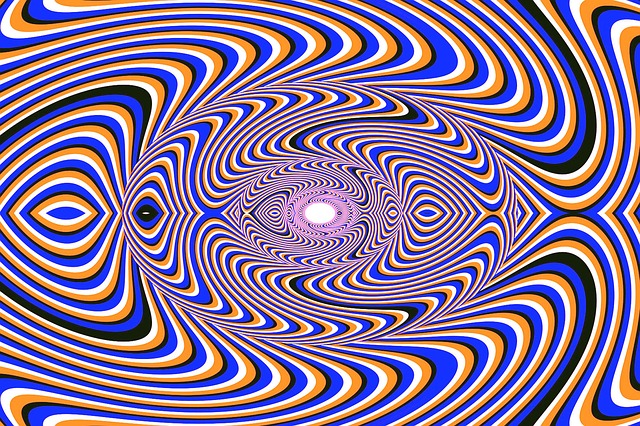
When down with a cough and cold, it is an uncomfortable feeling, and we feel safe seeking a prescription from the doctor. It is, however, important to be aware of how much of the medicine a person consumes, particularly teens. An ingredient present in cold and cough medicines called Dextromethorphan has become a common trend among teenagers and the goal here is to feel high.
The FDA approved Dextromethorphan (DXM) in 1958 and it is found in seventy (OTC) over the counter cold and cough medicines. There is a recommended DXM dosage that is safe and you can take the advice of your doctor on the safe amount, but in larger than required doses a person can experience hallucinations. It is important to remember that taking a large amount of DXM with alcohol is dangerous and it can be fatal.
When DXM an opioid is consumed in high doses it creates a hallucinogenic and depressant effect, and the feeling is similar to other abused drugs such as ketamine and PCP. People are indeed addicted to cough medicine and DXM is abused to a large extent among people who prefer to use it instead of alcohol and codeine.
The side effect of DXM abuse is very strong and watch out for these symptoms such as:
Hallucinations and paranoia, racing heartbeat, high blood pressure, rash, rapid eye movement, drowsiness, impaired coordination, panic attack, sweating, dizziness, vomiting, nausea, hot flashes, unexplained overexcitement, fatigue, sweating and slurred speech.
It is true that over the counter medicines are misused, and these are medicines people take for illnesses such as constipation, cold, cough, diarrhea and so on. People take these medicines without a prescription and they misuse it by mixing many OTC medicines, taking medicines to get a high feeling, taking more of the dose different from what is on the label, or higher dose than that prescribed by a doctor.
Codeine is an abused ingredient in cough syrup, it is a mild opioid narcotic and people abuse it to get high. The common street names for codeine are t-three’s, coties, schoolboy and cough syrup.
Side effects of codeine abuse:
The side effects of codeine abuse are feeling of drowsiness, euphoria, fatigue, and apathy. For people who are addicted to codeine, the obsession does not stop with the drug, they mix it with other substances such as alcohol, and this is a dangerous combination because alcohol and codeine are central nervous system depressants. To get high people, mix codeine with soft drinks like Mountain dew or sprite and the aim here is to drink it in large amounts. This kind of drink is referred to as sizzurp, syrup and lean, and this trend is popular among artists and celebrities.
Symptoms of codeine overdose:
Watch out for these symptoms of codeine overdose, such as bluish color on fingernails and lips, low blood pressure, dizziness, lightheadedness, weak pulse, slow breathing, intestinal spasms, and fatigue.
There are ways in which you can avoid abuse of cough and cold medicine and other drugs:
It is first important to educate yourself about the drug and consult with the doctor on how much to take.
It is important to understand that too much of any over the counter and prescription drugs can lead to serious side effects.
Parents need to store prescription drugs in a safe place and they should educate their children about the side effects of an overdose.
If parents find a lot of prescription drugs in a child’s bag or anywhere, ask them where they got those drugs from, and do not be too harsh, it will not help. Be patient and kind and help your child and educate him/her about the side effects of taking prescription medicines for no reason.
It is important to be supportive as a community and not judge anyone who abuses any kind of drug. It is essential to encourage affected people to seek treatment from the doctor and go for counseling.
It is important to accept people for who they are in terms of physical appearance, character and so on. Even being slightly judgemental can trigger a person into depression and addiction.
